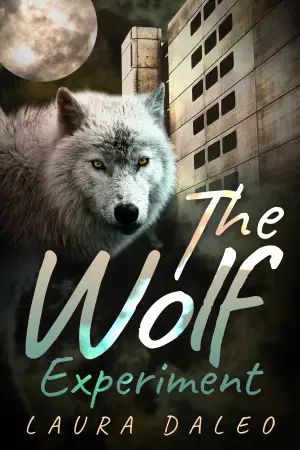As an avid reader with a penchant for intricate mysteries and fantastical worlds, I was excited to dive into Stuart Turton’s latest novel, The Last Murder At The End Of The World. Having enjoyed his previous works, I was eager to see how he would blend genres this time. The description intrigued me, especially with its premise of a murder mystery set against a post-apocalyptic backdrop filled with existential stakes. I anticipated a thought-provoking read that would keep me guessing.
The story unfolds on a tranquil island where 122 villagers and three scientists have found refuge from a devastating fog that has wiped out humanity. Peace prevails until one of the scientists is murdered, setting off a chain reaction that threatens the very existence of the island’s inhabitants. What’s unique is that the memory of the preceding events has been wiped clean—no one knows who the murderer is, or even if it might be one of them, and they have only 107 hours to solve the mystery before the fog returns.
Turton’s ability to build suspense and portray psychological complexity is truly commendable. He invites readers into a world where serenity masks deep-seated anxieties, and his characters are far from one-dimensional. Like Emory, the villager who questions the established order, I loved how her unease about the scientific authority mirrored our own suspicions about what lurks beneath the surface of this idyllic setting. This duality adds depth to the narrative, and Stephen O’Blenis aptly summarizes it, portraying the story as a “whodunit/whydunit” that feels fresh and inventive.
One of the highlights of this book is its intricate world-building. The unsettling blend of normalcy and foreboding slowly envelops the reader, crafting a thesis on ethics and power dynamics in society. Kellie Rainey’s observations resonate with me; Turton’s incorporation of AI-driven governance interrogates moral implications surrounding authority figures—what sacrifices might be acceptable in the name of societal survival?
However, while the groundwork is ambitious and the twists tantalizing, the execution occasionally falters. For instance, many readers, including Lee Fleming, have pointed out inconsistencies with pacing and clarity. At times, I found myself grappling with how the characters arrived at their conclusions. The sheer number of subplots, though engaging, created moments of convolution that could distract from the central murder mystery.
Another drawback worth noting is the character development. While I appreciated the variety and complexity of the main characters, some characters felt somewhat flat or cliché. This left me craving deeper exploration of motivations and connections—something that could have greatly enhanced the emotional stakes as the plot unfolded.
Ultimately, The Last Murder At The End Of The World successfully delivers on its promise of an intriguing, genre-blending narrative. It grapples with larger themes of memory, ethics, and survival in a unique manner. While I did struggle with some pacing issues and character depth, the compelling premise and thoughtful commentary on human nature more than compensated for these drawbacks.
In conclusion, I would recommend this book to fans of speculative fiction and murder mysteries alike. If you appreciate complex puzzles and enjoy being challenged as a reader, Turton’s latest offering is certainly worth your time. It stands as a testament to his talent for weaving intricate tales that not only entertain but also invite reflection on societal issues. It’s a solid four-star read from me, and I look forward to seeing how Turton continues to evolve in his creative endeavors.








